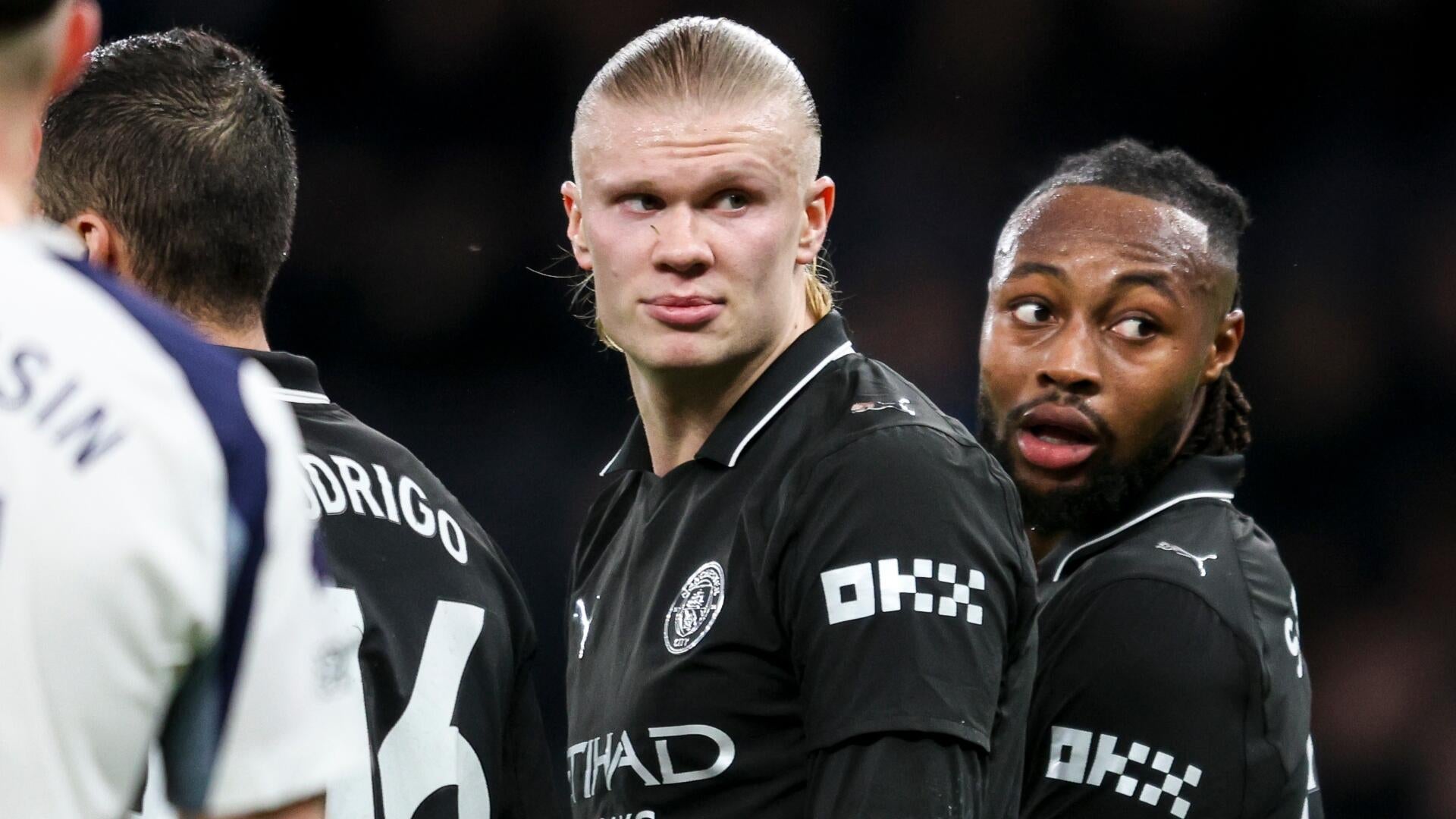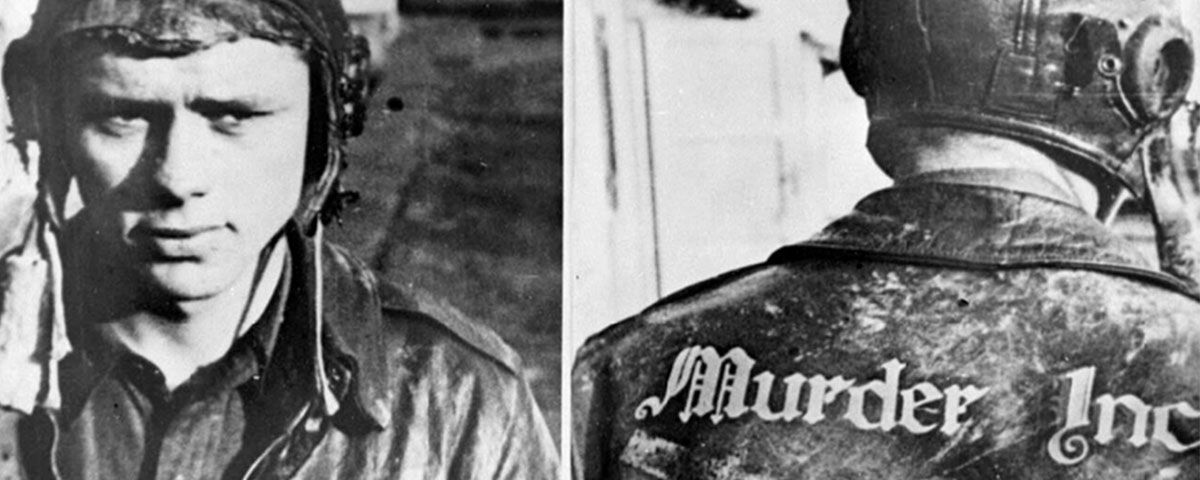
The leaders of Britain, France and Germany are burying lingering grievances. They are creating new defense partnerships. And, together, they are keeping a wary eye on their longtime ally, the United States.
In the six months that President Trump has rattled the decades-old trans-Atlantic alliance, his counterparts in Europe’s most powerful countries are building parallel diplomatic and defense institutions for a future without the United States as the primary guarantor of economic and military security.
On Thursday, Prime Minister Keir Starmer of Britain and Chancellor Friedrich Merz of Germany signed a wide-ranging treaty for mutual defense, economic cooperation and other partnerships. Last week, Mr. Starmer and President Emmanuel Macron of France agreed to coordinate their nuclear arsenals. In May, the three men traveled together by train to Ukraine for a demonstration of solidarity. Next week, Mr. Macron will visit Mr. Merz in Berlin.
The three men are also leaders of a “coalition of the willing” aimed at supporting Ukraine’s fight against Russia as American support wanes, an effort that will soon get a formal headquarters in Paris. Planning for a possible Europe-led peacekeeping force in Ukraine has been underway for months. On Friday, the European Union announced an 18th package of sanctions against Russia.
The “triangle alliance,” as Britain, France and Germany are sometimes now called, are already partners through NATO and the Group of 7 — forums that include the United States. Officials for the three European countries are careful to say that the institutions they are building are meant to supplement those alliances not replace them.
But NATO is a sprawling defense bureaucracy that represents 32 countries, some of whom disagree with each other. Officials in Berlin, London and Paris are eager for a smaller, more nimble group to respond to what Mr. Merz on Thursday said was a shift in the relationship between Europe and the United States.
Analysts say those efforts are creating a kind of “break glass in case of emergency” system of planning, discussion and action, independent of the United States and ready to react to an increasingly aggressive Russia.
The fail-safe may never be used. But if Mr. Trump continues to back away from American commitments on the continent, having that option might become necessary.
“Now you have a format where you have already an established meeting practice and the forum to meet,” said Minna Alander, a fellow at the Center for European Policy Analysis based in Stockholm. “This is literally all the kids coming together and trying to figure out what to do about the drunk dad.”

During a news conference on Thursday, Mr. Starmer announced the “Kensington Treaty” with Germany, calling it the first bilateral pact between the two nations, while Mr. Merz hinted at the motivation for the agreement.
“The European security architecture and the trans-Atlantic ties are undergoing a far-reaching transformation like we’ve not seen for a very long time,” the German chancellor said. “And it is under these new conditions that it is our aim to secure the freedom, the security and the prosperity of the people of both our countries.”
Mr. Starmer’s pacts with Germany and France are partly about rebuilding diplomatic and economic bridges that were burned by Brexit, the British decision to quit the European Union.
They are also an outgrowth of the diplomatic shock delivered in February by Vice President JD Vance, when he accused Europe of deviating from democratic and free-speech values, and of Mr. Trump’s repeated musings about abandoning NATO’s Article 5 pledge to come to the defense of any member that is attacked.
“They’re not acting opposed to the U.S. or completely separate from the U.S., but they’re having to make their own decisions and take responsibility for their own decisions,” said Lawrence Freedman, an emeritus professor of war studies at King’s College London.
“Basically, the three movers and shakers on the defense side can talk to each other and make sure that their thoughts and plans are aligned,” Mr. Freedman added.
After finishing first in Germany’s parliamentary election in February, Mr. Merz has spent his first months in office prioritizing foreign policy, hoping to reassert German leadership on the global stage.
Flush with new authority to borrow money, particularly for the military, he has vowed to bring German spending on defense and related infrastructure to 5 percent of gross domestic product in the coming years.
For Germany, which fought Britain, France and the United States in World War II and spent most of the ensuing decades content to maintain a relatively small military, the decision to rearm is striking. It has helped push other European leaders, including Mr. Macron, to also promise higher defense spending.

Mr. Merz, Mr. Starmer and Mr. Macron have each sought to build close relationships with Mr. Trump, in part by trumpeting their efforts to make Europe more responsible for its own defense, a longtime goal of the American president. At the same time, they have pushed Mr. Trump to keep Washington active in European security, especially by supporting Ukraine.
Mr. Merz has urged Mr. Trump to back tough new sanctions meant to cripple Russia’s economy and choke the revenues that fuel its war efforts, and the German leader led an initiative to supply more American weapons to Ukraine, bought with European money.
Still, Mr. Merz has expressed concerns over what he and officials across Europe see as American threats to pull back troops and weapons from the continent. Those threats, including from Mr. Trump’s defense secretary, have rattled the security calculation that has underpinned Europe since the end of World War II: the promise that America would lead the way in defending its European allies against attack.
Privately, German officials say spending more on the military and working more closely with European partners is the right strategy for the current moment, no matter what Mr. Trump and his administration might do next.
Britain, France and Germany “see themselves increasingly as pillars of European security, at a time of less America — or even no America in Europe,” said Mark Leonard, director of the European Council on Foreign Relations, a think tank with offices across Western Europe and in Washington.
The alliances they are building, Mr. Leonard added, are “not institutions like NATO. But they are thinking about institutionalizing the relationship.”
Steven E. Sokol, president of the nonprofit American Council on Germany, said he welcomed the increased cooperation but expressed worry that it might end up hurting Washington.
“As we upset the apple cart and push some of our allies away, they will find other partnerships,” he said of Trump administration policy. “I wonder if, down the line, that’s in the best interest of the United States.”

Jeanna Smialek contributed reporting from Brussels.










-3.png)



